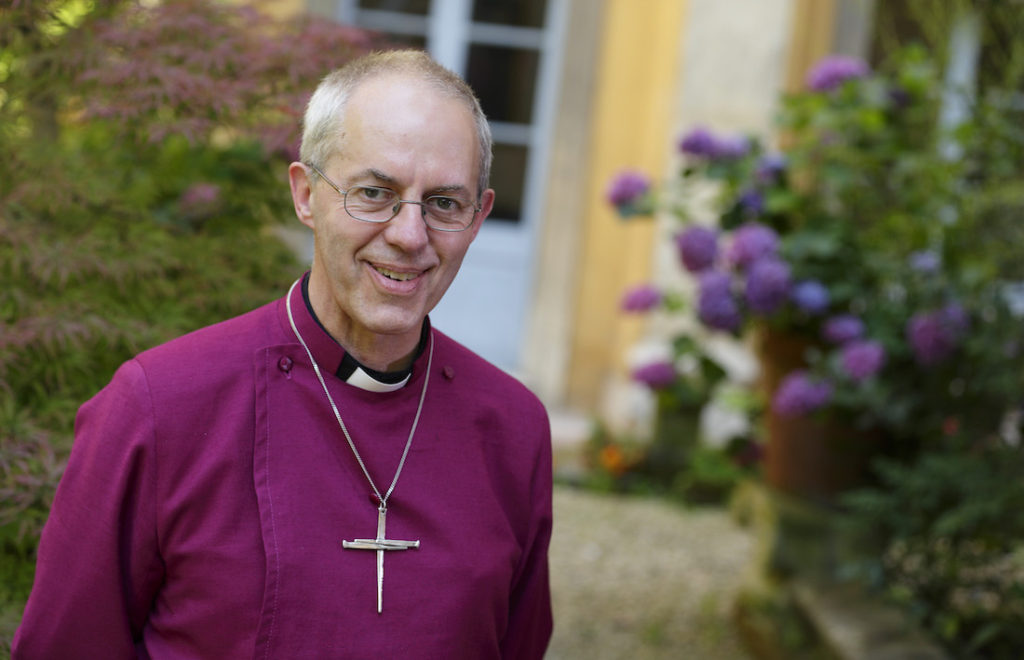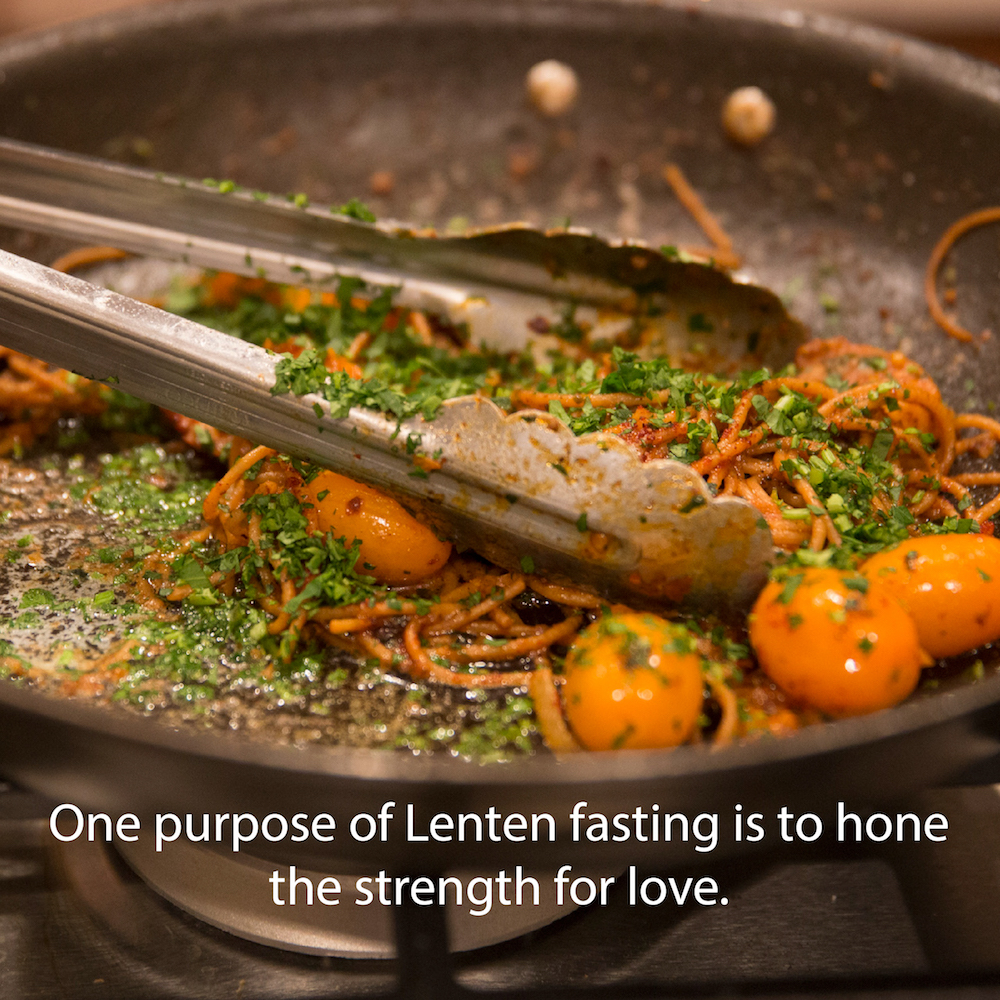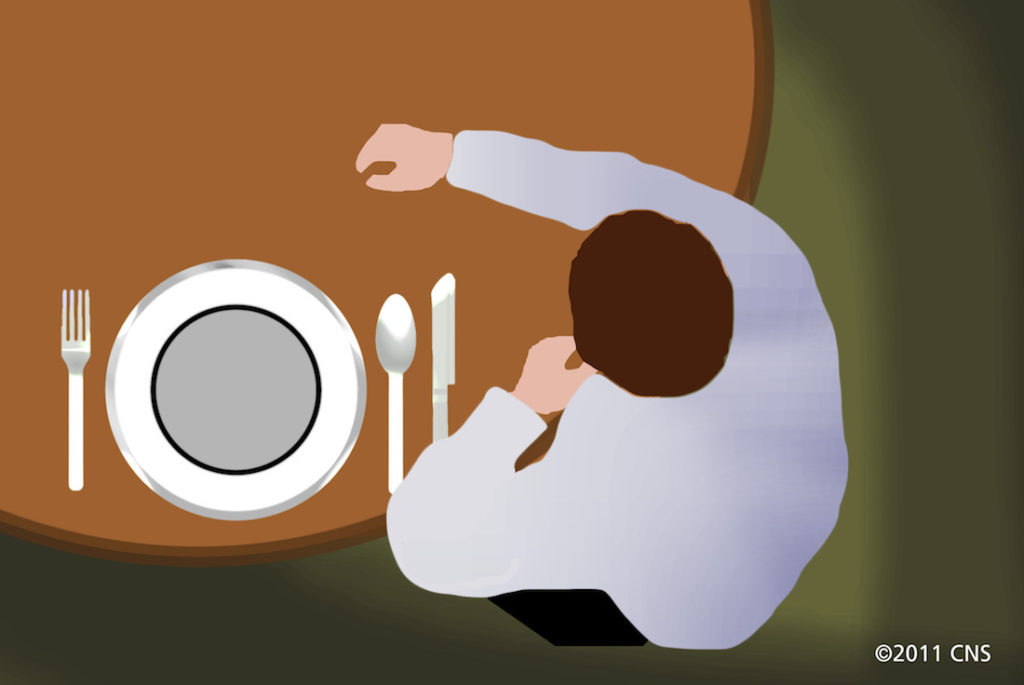“We must love with our eyes open,” Canterbury’s Archbishop Justin Welby said last October. Saints, the Anglican leader advised, are people who are able to face and to confront “the entanglements of life.”
Archbishop Welby spoke during an ecumenical vespers service in London’s Westminster Cathedral celebrating the canonization of Cardinal John Henry Newman, the British Anglican priest who in 1845 entered the Roman Catholic Church.
Facing life’s entanglements sounds difficult or daunting. It must take real strength to love with open eyes, stepping forward with authentic care for others into situations certain to tax the imagination and leave even the most well-intentioned feeling less than adequate to the healing task at hand.
The task at hand, Archbishop Welby indicated, is not somehow to become a person lacking any and all imperfection. “There are no perfect saints,” he said.


What we do have as models of sanctity, the archbishop remarked, are “the great crowd of witnesses who are sanctified not by their own efforts, but by a particular openness to grace, an unusual, utterly entrancing willingness to be the person whom God is calling.”
Those words deserve thought, reflection. They provoked hearty discussion in a retreat group I participated in last fall.
What could it mean to be “the person whom God is calling”? Does God know us better than we know ourselves? Does God grasp our perhaps unacknowledged capacity to love with open eyes?
It is the call of “the whole church,” of all its people, to become imitators of Jesus “the protoshepherd, to be the pastors of all the lost and suffering souls of this dark world,” said Archbishop Welby.
His remark affirms that the Christian life and its spiritual practices are undertaken not for one’s own sake alone. They extend outward and lead toward others, whose lives may be complicated, painful.

In this article on Lenten fasting, I wanted to ask whether it might be good, even necessary, in Christian life, to fast from any willingness to be less than “the person whom God is calling,” perhaps by settling too low when the demands of love and service seem, at first, overwhelming.
One purpose of Lenten fasting is to hone the strength for such love. I propose that fasting in its various forms can be viewed as a strengthening practice.
But does fasting seem like an outmoded practice of spirituality? Astonishingly, fasting in nonreligious guises frequently is recommended highly in our 21st century. For example, there are “intermittent” fasts and the discipline of fasting from eating during designated hours of the day. Geared to improved health, these practices strengthen people for the lives they lead.
Strengthening practices are pursued vigorously these days, like running, walking or participation in sports programs. Notably, the spirit within can reap rewards when physical well-being improves even a bit.
You know, physical therapy plays a big role in my life nowadays. It is meant to reduce pain in my arthritic limbs and strengthen muscles. That way I can function better as the person God is calling in my family and community.
The Old Testament Book of Isaiah plainly views fasting as a strengthening practice. The Lord will “give strength to your bones” when you fast as he desires, this biblical book makes clear (58:11). It is not God as physical therapist who is encountered here, however. It is the Lord who can make your light “rise in the darkness” (58:10).
Isaiah says that the fast God chooses means “releasing those bound unjustly, untying the thongs of the yoke; setting free the oppressed, breaking” every yoke. It means “sharing your bread with the hungry, bringing the afflicted and the homeless into your house; clothing the naked when you see them, and not turning your back on your own flesh?” (58:6-7).
So my fasting and our fasting are not solely about me or us. Fasting can bring our connections with others into clearer view.


Whenever fasting is mentioned, people tend to think first of food, eating less of it, that is. However, there are many ways to fast.
Bishop Edward Braxton of Belleville, Illinois, once offered a helpful list to what to give up in Lent. Try giving up anger and rash judgment, impatience and prejudice, he recommended. Other recommendations included “dishonesty, unkindness, gossip, slander and other spiritually harmful activities.”
Bishop Braxton urged also that during Lent we allow our inner life in Christ “to touch others” like unemployed, grieving, lonely, forgotten and sick people.
“Fasting wakes us up. It makes us more attentive to God and our neighbor,” Pope Francis has said. “It allows us to experience what the destitute and the starving have to endure.” Fasting, he continued, also “expresses our own spiritual hunger and thirst for life in God.”
Whatever its mode, fasting is not an end in itself. It propels those who fast beyond themselves. Having awakened them, as Pope Francis puts it, fasting offers, as Archbishop Welby might say, the strength never to agree to be less than the person whom God calls.
— By David Gibson, Catholic News Service. Gibson served on Catholic News Service’s editorial staff for 37 years.





